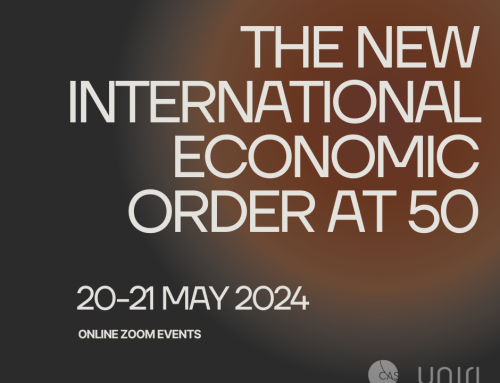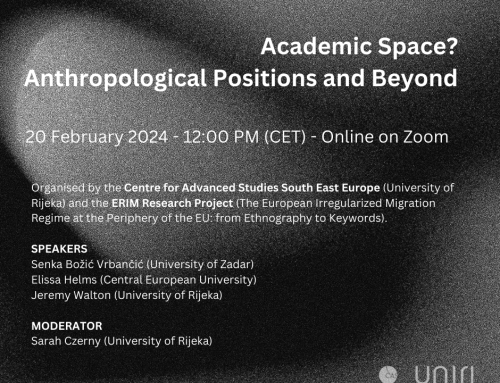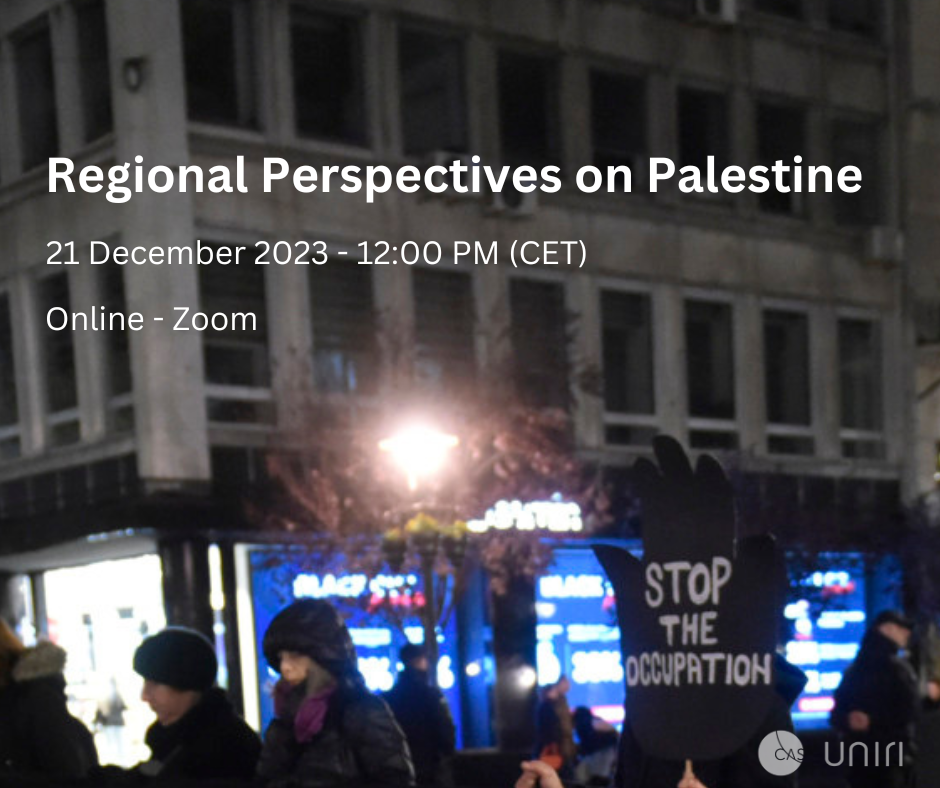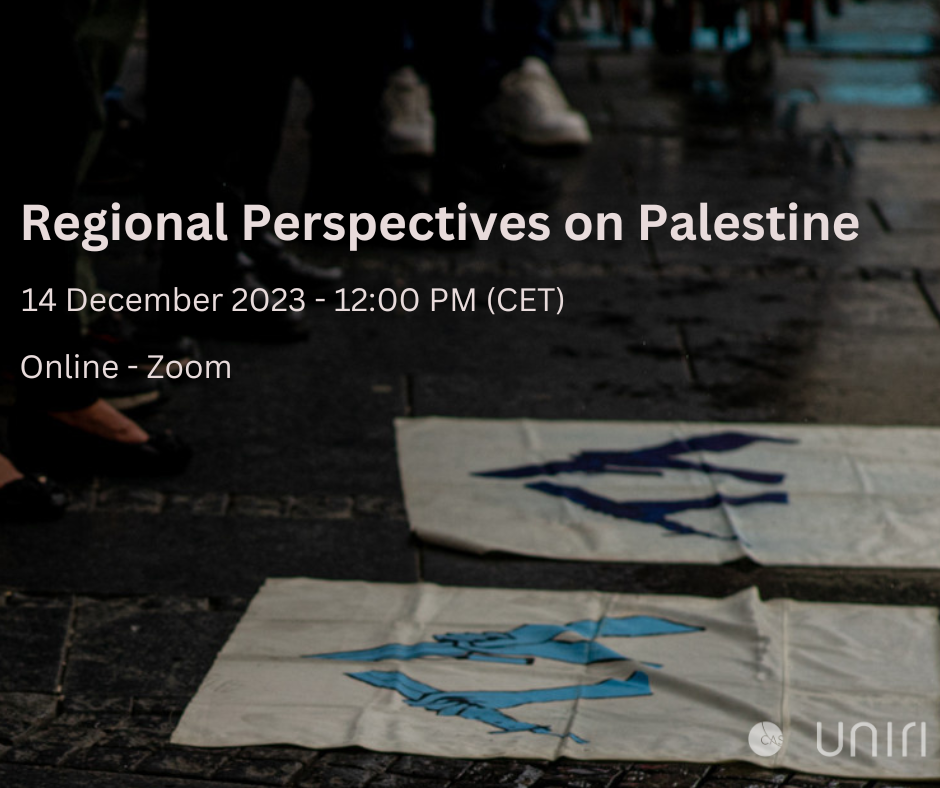Emancipatory Learning: Reframing Situatedness and the new Cartographies of Belonging
Seminar was held at the University of Rijeka on May 10, 2018.
“In this paper we will discuss the first part of The Emancipatory Learning Project, a long-term art-based-research-journey I have embarked within decolonial (Mignolo, Souza Santos, do Mar Castro Varela, Spivak, Vasquez) and post-anthropocentric discourses (Abram, Haraway, Shiva, Braidotti) – while searching for transformative and emancipatory pathways towards the ambitions notion of Earth Citizenship. This research has identified a variety of learning spaces that are playing a decisive role in the construction of a post-colonialist, post-patriarchy, post-capitalism and post-anthropocentric society: learning communities of thinking-feeling and thinking-acting grounded in a deeper notion of Buen Vivir (living in plenitude), that are cross-fertilizing in the globe. The long list includes free- and anti-universities, ecoversities, communities of concern and communities of care, eco-villages, grass-roots social and educational enterprises, socially-engaged artistic projects, happy labs, open platforms, collaborative networks, “autonomous zones” and so on and so on.
In this paper we will discuss how some of these spaces are transforming coexistence and belonging through empowering practices and inclusion. This paper is therefore divided in three sections: The first is a general reframing of emancipation within epistemic diversity, by highlighting the concepts of response-ability and situatedness (Haraway); the second is a definition of dis-othering and unlearning as basic movements towards a form of radical openness that can enable societal transition; and the third section is an examination of these Living Learning Environments as the (new) schools or flourishing habitats where new forms of belonging – emancipated from biological and cultural separations among native and invasive species, re-imagined beyond identity politics within selective inclusions and exclusions – is taking place. A variety of counter-hegemonic gestures of resistance and/or liberation that are enabling small shifts for social change: towards relational and responsive forms of belonging within a more-than-human world.”
Daniela Brasil has initiated and coordinated various transdisciplinary and participatory projects that use playfulness and radical imagination as exercises for active citizenship and tools for people’s empowerment. Her research interests lie mainly on pedagogic, artistic and spatial practices that focus on horizontal forms of exchanging/creating knowledge and know-how; while searching for ways to (un)learn colonized thoughts, behaviours and representations. She studied Architecture and Urbanism in Rio de Janeiro, Environmental Urban Design in Lisbon and Barcelona, Social Sculpture in Oxford and received her PhD and her Master of Fine Arts in Public Art and New Artistic Strategies at the Bauhaus-Universität Weimar. For the past 6 years, she was Assistant Professor and Researcher at the Institute of Contemporary Art, Graz University of Technology, and from 2011-14 she was a member of the ADRIART consortium for the creation of the Master of Media Arts and Practices in the Universities of Rijeka, Croatia and of Nova Gorica, Slovenia. Daniela is based in Graz, Austria, where she works as an artist and researcher in collaborative settings, especially with the Daily Rhythms Collective on feminist actions and with Studio Magic on experimental architecture since 2013.





